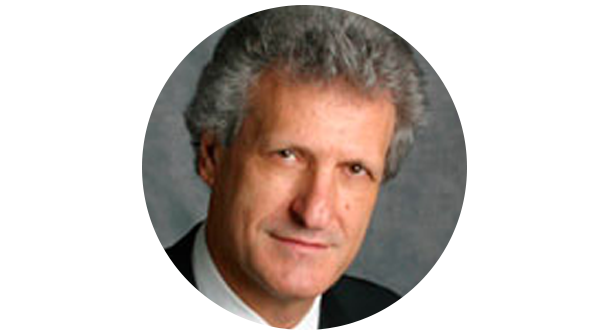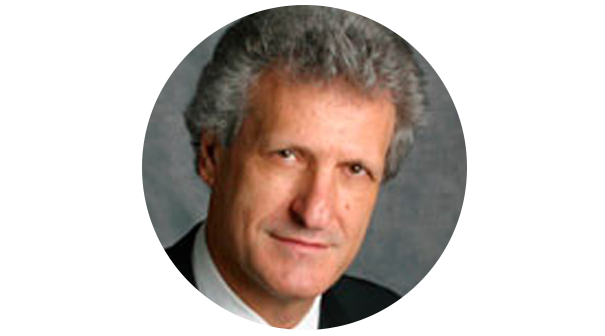Elections looking for scapegoats:
cheapening the democratic process
TORONTO – “Public morality” is the only issue for the upcoming elections. So sayeth every politico seeking re-election. How do we define this morality? With a credo our leaders “make up on the fly”, or so it seems.
We have come through a month of June when the news reverberated world-wide about stories of oppression, discrimination, suppression, genocide, systemic racism, systemic bigotry, “exclusion”, bribery, corruption and violence pushed everything else “off the front page”. This in Canada.
The common thread is something called “othering” – imposing a sense of guilt for real or perceived wrongs on others – it is someone else’s fault, someone else’s phobia, some one else’s belief system.
How ironic, and coincidental, that on July 9, in advance of a conference to decry Islamophobia (it should always be denounced), 75 Muslim Imams denounced the alleged religion-driven “genocide” perpetrated and attempted against Canada’s aboriginal communities by European settlers, now redefined “colonizers”. Upon reading the press release, one may be challenged to discern an altruistic motive for so doing.
It is a “free ride” for politicians, past and present jumping on board to “shame” anyone/anything directly or remotely associated with the Residential Schools, the last of which were shut down in 1996, 25 years ago. The first of them was opened by the then Dominion of Canada in 1884 as part of an integration/assimilation program. Some 150,000 apparently went through the system, according to the Truth and Reconciliation Commission (TRC). In 1996 about 90,000 of those children (now adults) were still alive.
Understandably, many were not. In the preceding 115 years, many succumbed to diseases their immune systems were not equipped to fight, especially in conditions that seemed to encourage their spread before the discovery of penicillin, insulin and other pharmaceuticals. We do not know with certainty the cause, date and age at time of death of the others. Unhappily, some/many of the deceased suffered at the hands of supervising adults.
Both the Prime Minister of Canada, Stephen Harper, and the then Pope (Benedict XVI) expressed sadness and remorse. The Prime Minister apologized in the House of Commons. The Pope invited the Aboriginal leadership to the Vatican, where he expressed to them the Church’s regrets, sorrow and remorse. Phil Fontaine, Grand Chief of the AFN (and in my experience, a tireless advocate of aboriginal rights) was quoted in a CBC report of April 29, 2009, as saying “this experience gives me great comfort… [I hope it] closes the book on the apologies issue.”
A relatively small but not insignificant part of the “solutions” confirmed was the contribution by the Government of Canada (in 2007) of $1.9 Billion for Truth and Reconciliation activities, compensation and education exercises. The Catholic Church contributed $79 million largely to similar initiatives but primarily to ascertain and mark the graves of the deceased.
Now the “discovery of unmarked graves” is equated, minus corroborating evidence, with “mass graves”. The allusion to associated criminal behavior seems purposeful. Unscrupulous types take the opportunity to take a free kick at “the Church” – the Catholic Church and Catholics in particular.
They must feel that in a democratic environment there must be more political gain to be had by slandering adherents of that belief system than by promoting a debate on the issues. Or by not bringing to justice the perpetrators of the 48 incidents of vandalism and arson against Christian churches.
TO READ PREVIOUS COMMENTS: https://www.corriere.ca/english-articles


